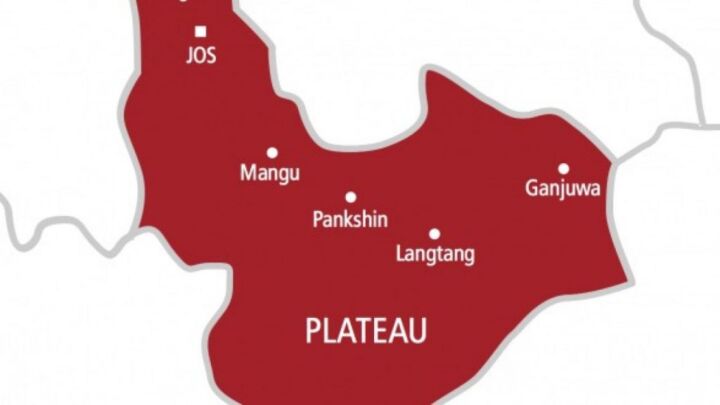A Fulani youth leader in Plateau State, Hamisu Garba, has firmly stated that the Fulani community will not be intimidated or driven out of the state, insisting they are legitimate citizens by birth and residency.
In an exclusive interview with Newsmen, Garba decried what he described as continued attempts by certain groups to marginalise and displace the Fulani people from Plateau.
He argued that many Fulani residents were born, raised, and educated in the state and have no other place to call home.

“I, like many other Fulani people, am also part of Plateau State. Efforts to intimidate, frustrate, and chase us out of this state will not succeed,” he said.
Garba disclosed that he possesses a Plateau State certificate of origin, duly endorsed by his district head and local government authorities, adding that his entire family lineage has lived in the state for generations.
“All my life, I have lived in Plateau. I went to primary, secondary, and university here. The only time I left was for my National Youth Service in Enugu. Why should anyone claim I’m not from Plateau?” he questioned.
He accused some individuals of fuelling ethnic profiling against the Fulani, describing it as unjust and divisive. “Why are people always profiling Fulani as criminals and troublemakers?” he asked.
While acknowledging that some criminal elements exist among the Fulani, Garba stressed that crime is not exclusive to any tribe. He aligned his views with Governor Caleb Mutfwang’s recent remarks that every ethnic group has its share of bad actors.
“There are Berom criminals, Mwaghavul criminals, Tarok criminals, Irigwe criminals, and yes, Fulani criminals,” he said. “But to single out Fulani and label all of us as criminals is unfair.”
Garba also alleged that banditry in the state is not limited to Fulani perpetrators. According to him, some native residents collaborate with criminals and provide intelligence to attackers in exchange for money.
“From our investigations, we discovered that some natives are paid as little as N20,000 to provide information about their communities. So are those ones Fulani too?” he queried.
Recalling peaceful coexistence in the past, Garba described a time when Fulani and indigenous communities lived in harmony, celebrated festivals together, and intermarried.
“We grew up playing football with our neighbours, exchanging visits during Sallah, Christmas and Easter. We lived in peace,” he lamented. “I don’t know when things changed or when the Fulani suddenly became an endangered group.”
Garba, who said Fulani youth leaders have consistently preached peace to their members, urged indigenous communities to reciprocate the gesture and stop generalising criminality.
“We want to be left alone. We’re tired of being demonised. Not all Fulani are criminals,” he declared. “We are citizens of Plateau State, and no one can chase us out.”
Support InfoStride News' Credible Journalism: Only credible journalism can guarantee a fair, accountable and transparent society, including democracy and government. It involves a lot of efforts and money. We need your support. Click here to Donate
